
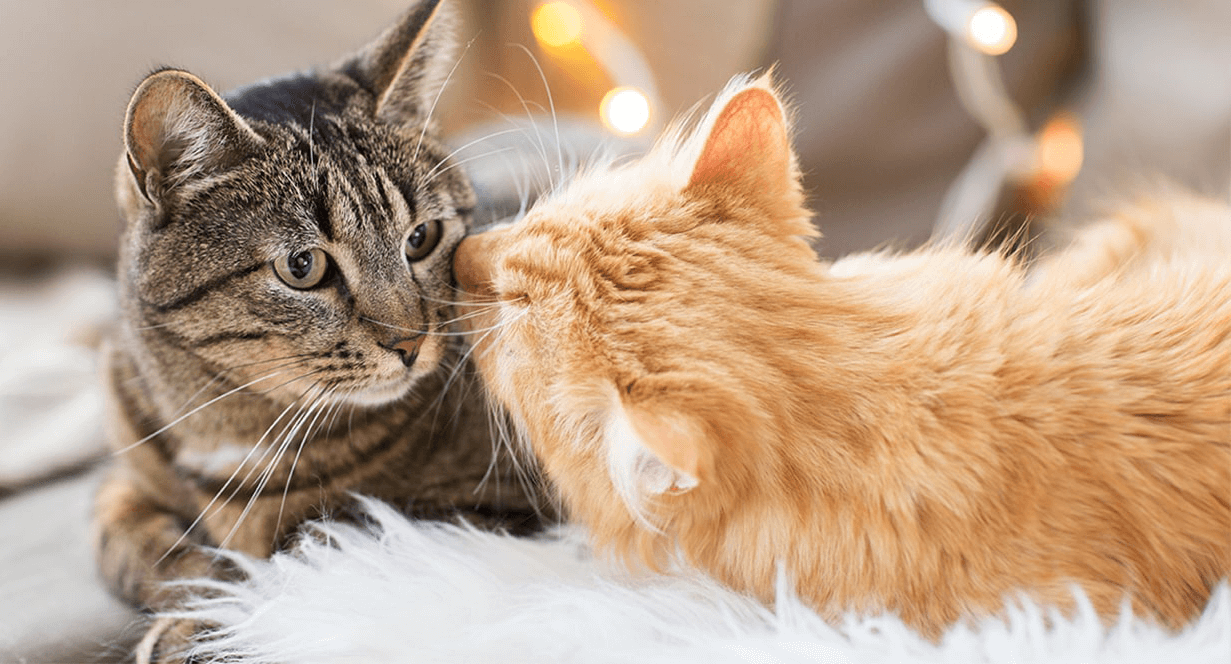
As a cat owner, you know a few things for certain: that cats are wonderful and amazing creatures, that nothing beats a purring cat on a warm lap, and that one day, sadly, your cat will leave you for good. Realizing that your cat is nearing the end of their life is never easy, but hopefully these tips and insights will help you navigate through this emotional, often painful process.
Letting your cat go is the most difficult decision a pet owner has to make. Like people, cats’ bodies eventually begin to decline due to age. To help you make the most informed decision for your cat, here are some signs it may be time to say farewell:
As you weigh your options, make sure to reach out to your vet, as well as friends or family who have lost a pet:
While you won’t be able to prevent their eventual departure, you can still ensure your cat’s final days are comfortable and full of love.
Take extra time to remind your cat of how much they mean to you. Give them extra ear skritches and cuddles, and say anything you want to tell them.
Older cats tend to be thin, making it harder for them to stay warm. Make sure they’re able to catnap in toasty areas: near heating vents, in a sunny spot or a cozy cat bed, or — their favorite — your lap.
Your senior cat isn’t as athletic as they once were, so give them an assist with steps or ramps so they can still hang out in their favorite elevated places. Also make sure they can easily get to the litter box. Getting a lower-sided box or putting one on every floor of your home helps reduce the risk of accidents.
Cats of a certain age have more difficulty grooming themselves. You can help by gently brushing them more often and clipping their nails. This not only keeps them looking as beautiful as ever, but is also a great way to spend some quality time together.
Cats are creatures of habit, so now is not the time to make any drastic changes in their routine or introduce a new pet to the household. They love the life you’ve created for them and will be more relaxed if their established routines continue uninterrupted.
Allowing family members — including other pets — a chance to say farewell will go a long way toward easing their grief. Be very clear about your decision so everyone knows you have your cat’s best interests at heart.
It’s OK to feel sad when a beloved cat moves on to the big catnip field in the sky. Pets are members of the family, after all! Don’t be afraid or ashamed to grieve your loss. To help ease those feelings, try some of these suggestions.
Your pet may have passed, but all of those wonderful memories are yours forever. That cute thing they did with their head, their funny meow, how they always insisted on sitting on your computer … don’t be afraid to reminisce and enjoy those memories.
Some people find holding a memorial provides a sense of closure and pays tribute to everything their pet meant to them. Cremation is common with pets, so you can put their remains somewhere on your property where they’ll be close. Feel free to make a speech or raise a toast — whatever you want to honor their memory.
There are a number of ways you can keep your cat’s presence around your place to help evoke happy memories. Many vet offices offer to make an impression of your cat’s pawprint in clay as a keepsake. Maybe you’d like to hang some pictures or keep their collar or favorite toy on a bedside table. Even more important is the fact that all those memories will live on forever in your heart.
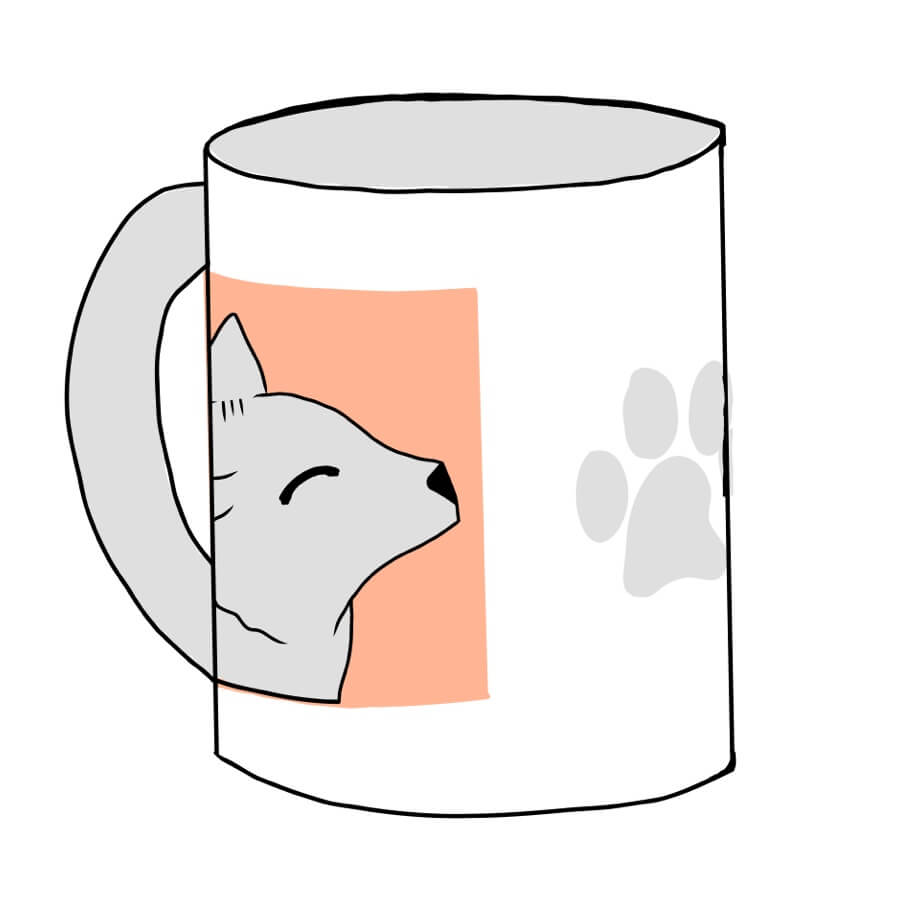
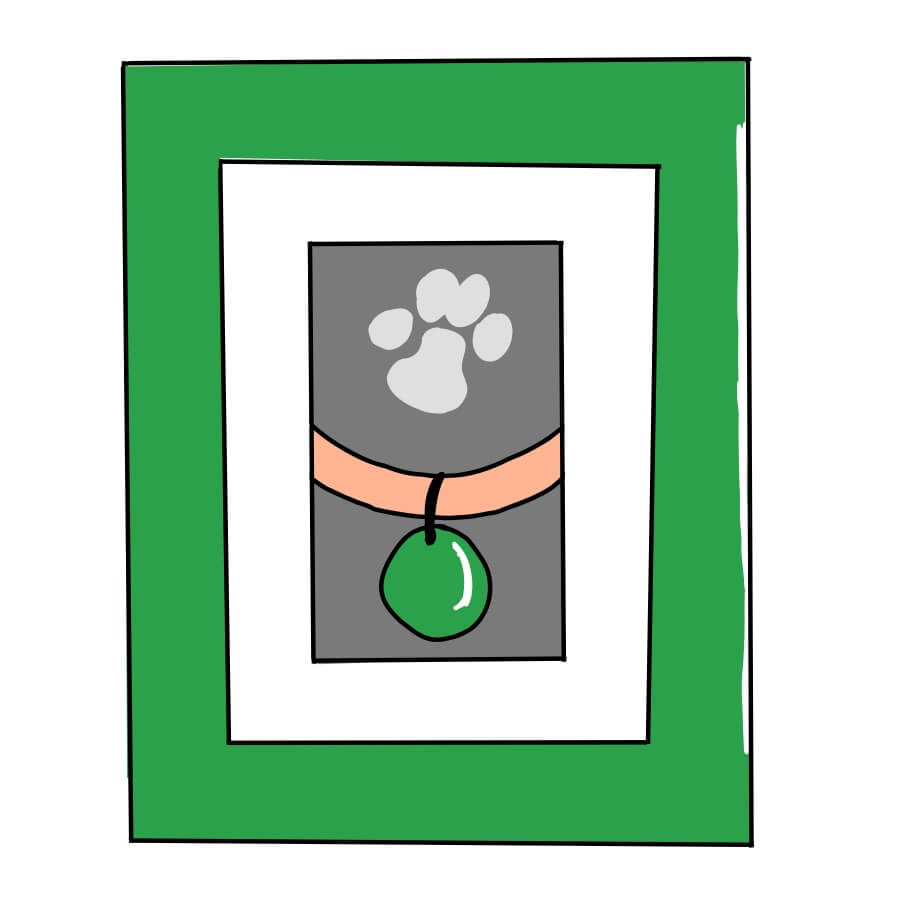
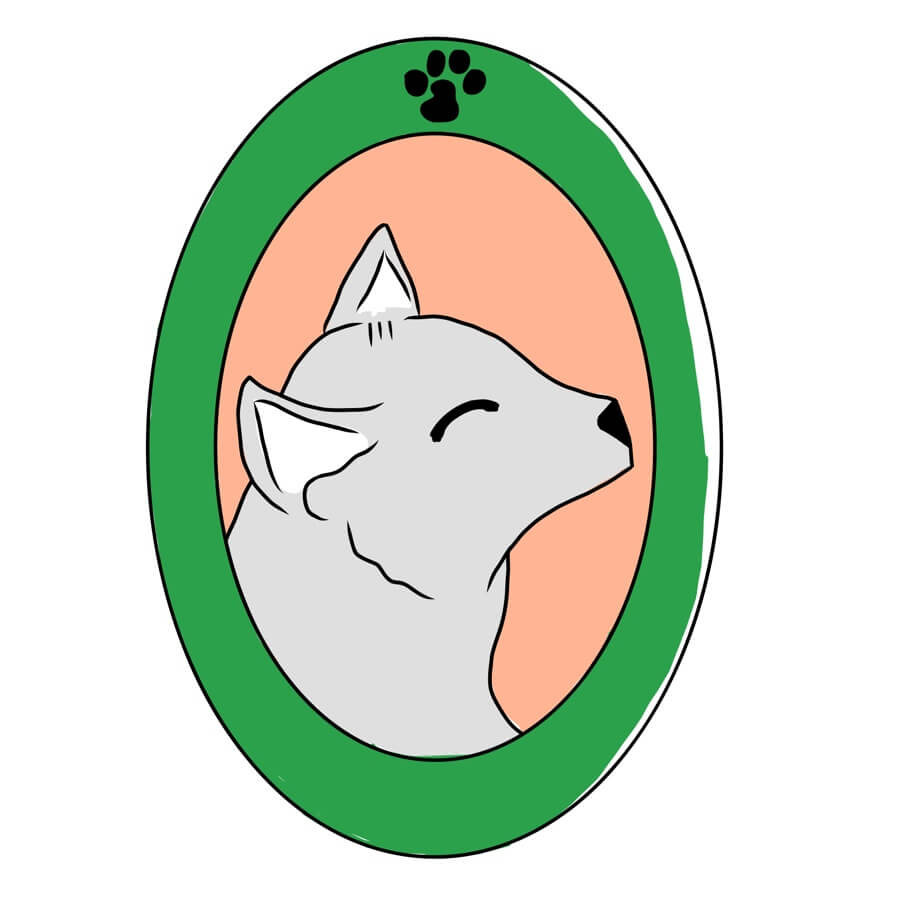
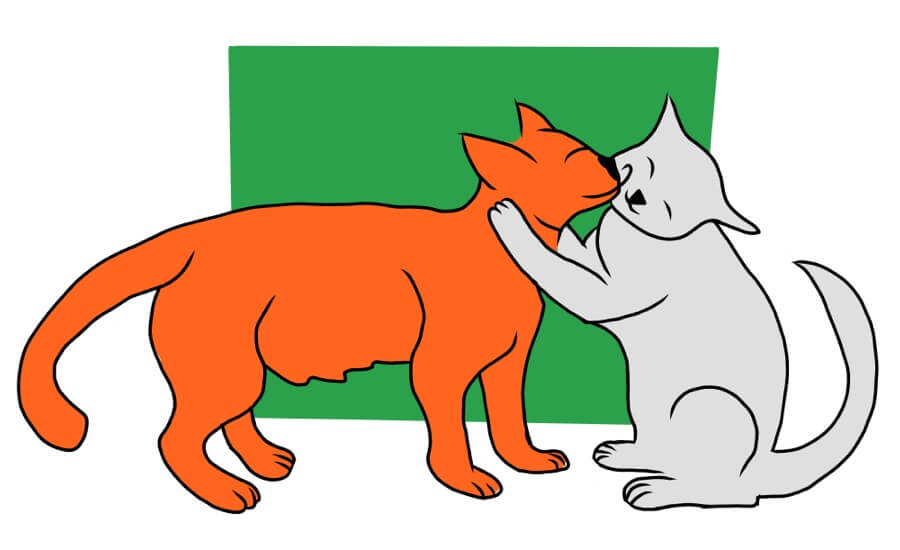
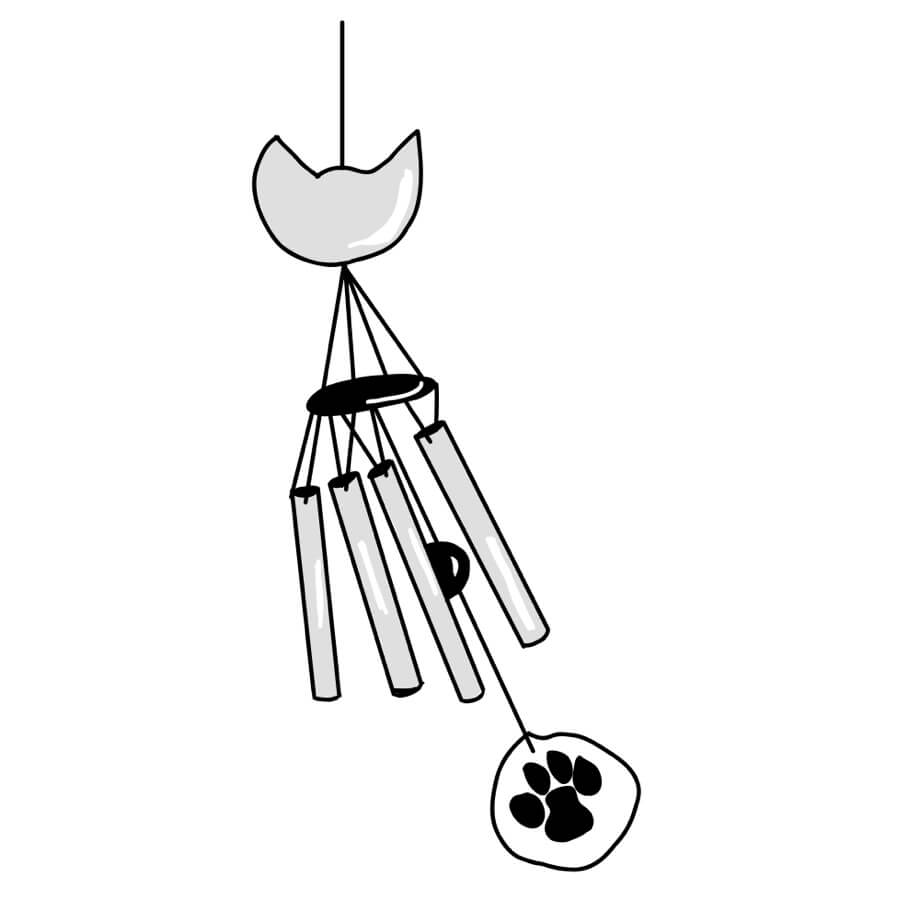

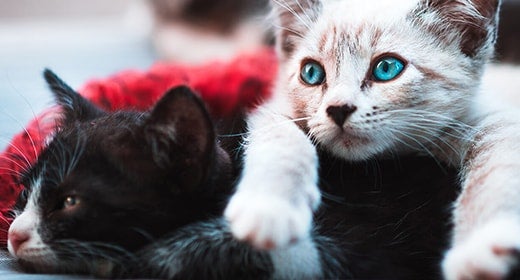
Taurine is an important component found in all IAMS™ kitten foods. This essential amino acid is critical for normal heart muscle function, vision and reproduction in kittens. It is also needed to form the bile salts that aid in digestion. Unlike other amino acids, taurine is found as a free amino acid in body tissues, such as the heart and eyes, and is not incorporated into proteins.
Most mammals manufacture taurine from other amino acids. However, kittens cannot manufacture a sufficient amount and therefore must acquire enough additional taurine through diet to meet their needs. In pet food, taurine is naturally found in animal-based protein ingredients and also can be added separately.
IAMS kitten foods are formulated with high-quality animal-based proteins as their primary ingredient. In addition, they are supplemented with extra taurine.
IAMS dry kitten foods, such as IAMS™ Proactive Health™ Mother and Kitten includes taurine as an ingredient to supplement the primary source of this amino acid, which is animal-based protein from sources such as chicken, egg, lamb and fish. However, these sources can vary in their taurine content, and adding more taurine is a sound approach to ensure optimal taurine levels.
Kittens that eat a diet deficient in taurine can develop several serious health conditions.
Taurine is essential to the proper development and function of cells in the retina of the eye. If insufficient taurine is present, the retinal cells don’t function properly and may die, eventually causing impaired vision and even blindness. This process is referred to as feline central retinal degeneration.
Taurine is also necessary for normal function of the heart muscle cells. Taurine deficiency leads to a weakening of the heart muscle, which, in turn, can lead to heart failure. This condition is known as dilated cardiomyopathy and can be fatal.
To help protect your kitten’s health, both now and when she is fully grown, make sure to feed a diet with sufficient taurine. Learn more about the nutritional needs of kittens.
Case L, et al. Canine and Feline Nutrition. 3rd ed. Maryland Heights, MO: Mosby Elsevier, 2011.